RIM's challenge: unlocking the value in software
Inside the Enterprise: BlackBerry is losing ground as the business smartphone of choice. Should RIM now uncouple its software from its hardware?

Crises for mobile phone makers are like buses: you wait for ages then two come along at once.
First there was Nokia's , and its decision to abandon Symbian in favour of Windows Phone 7.
Now, Research in Motion, the BlackBerry maker, is under pressure to [a hef="https://www.itpro.com/634465/rim-urged-to-split-ceo-chairman-roles" target="_blank]reorganise its senior management[/a] following results which disappointed the market earlier this month.
Like Nokia, RIM is making the transition to a new operating system, in this case to QNX. QNX already runs the PlayBook, but QNX-based BlackBerry phones are not expected on the market until the third quarter of this year, if then.
But, although RIM's current mobile operating system lags behind Android and iOS, moving to QNX may only solve some of RIM's problems.
RIM is suffering from lower than expected handset sales (although it is still selling more phones, year on year, in absolute terms). The average selling price for a BlackBerry is thought to have fallen too, possibly by as much as $40 per phone, according to financial analysts quoted in the Guardian.
The real value to enterprises, however and the reason so many companies have deployed BlackBerries does not lie in the OS, or the even handheld itself. It is in the software, and specifically, the BlackBerry Enterprise Server (BES), the push email, and the platform's security features.
Get the ITPro daily newsletter
Sign up today and you will receive a free copy of our Future Focus 2025 report - the leading guidance on AI, cybersecurity and other IT challenges as per 700+ senior executives
Businesses that want reliable, secure email are not especially bothered about touch screens, or media features, and find messaging services such as BBM something of a nuisance. But BlackBerry needs to invest in those features, so as to compete in the consumer market.
There is, though, another option: split the BES and email from the hardware, and allow it to run on iPhones, Androids, and even Nokia Windows phones. Unthinkable? Well no. RIM did develop a software option for Windows, Symbian and Palm phones called BlackBerry Connect, although it is unclear whether this is still available. Certainly, it has not been developed for devices such as the iPhone.
Reviving the software-only BlackBerry service could boost both RIM and enterprises with mobile workers. Businesses could allow staff to bring their own phones to work and the company could drop on the BlackBerry software, keeping work communications managed and secure. RIM could sell software where it has expertise and where margins are good.
And by doing so, they would be ahead of the trend, rather than playing catch up. As industry analyst Ray Wang, chief executive of Constellation RG, points out, software, not hardware, is where the future lies in technology.
"RIM's strength is its BES. Enterprises need and trust Blackberry to deliver rock solid security," he said.
"What's happening is that software is where the value add is. Software delivers scale to a vendor. Five years ago BlackBerry's software was what drove customer delight. Customer needs change over time and it's the intersection of design and function that gave Apple the edge. Software once again drives the winners and losers."
Putting BlackBerry software in Apple's App Store could benefit RIM, and its customers.
Stephen Pritchard is a contributing editor at IT PRO.
Comments? Questions? You can email him here
-
 The UK government wants quantum technology out of the lab and in the hands of enterprises
The UK government wants quantum technology out of the lab and in the hands of enterprisesNews The UK government has unveiled plans to invest £121 million in quantum computing projects in an effort to drive real-world applications and adoption rates.
By Emma Woollacott Published
-
 Netgear WBE710 review
Netgear WBE710 reviewReviews The compact WBE710 delivers great cloud management features and a good turn of Wi-Fi 7 speed – but it does have a premium price tag
By Dave Mitchell Published
-
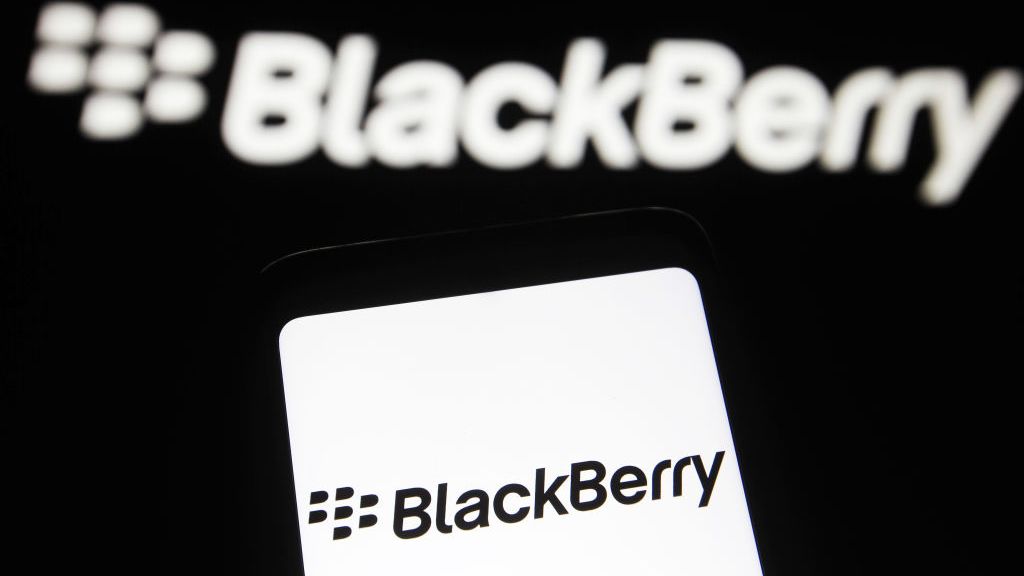 Blackberry revenue falls by 4% as cyber security division takes hit
Blackberry revenue falls by 4% as cyber security division takes hitNews Despite this, the company’s Internet of Things (IoT) division increased its revenue by 28% as it attracted new customers from the automotive sector
By Zach Marzouk Published
-
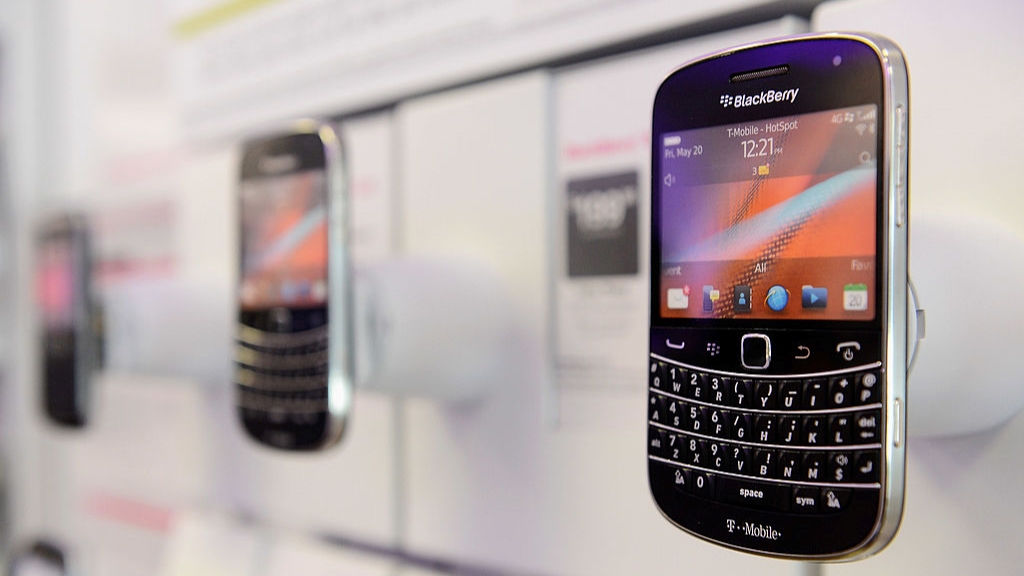 BlackBerry revival is officially dead as OnwardMobility shuts down
BlackBerry revival is officially dead as OnwardMobility shuts downNews The Texas-based startup is mysteriously shutting down and taking its ultra-secure 5G BlackBerry with it
By Bobby Hellard Published
-
 BlackBerry and AWS are developing a standardized vehicle data platform
BlackBerry and AWS are developing a standardized vehicle data platformNews Platform will give automakers a standardized way to process data from vehicle sensors in the cloud
By Rene Millman Published
-
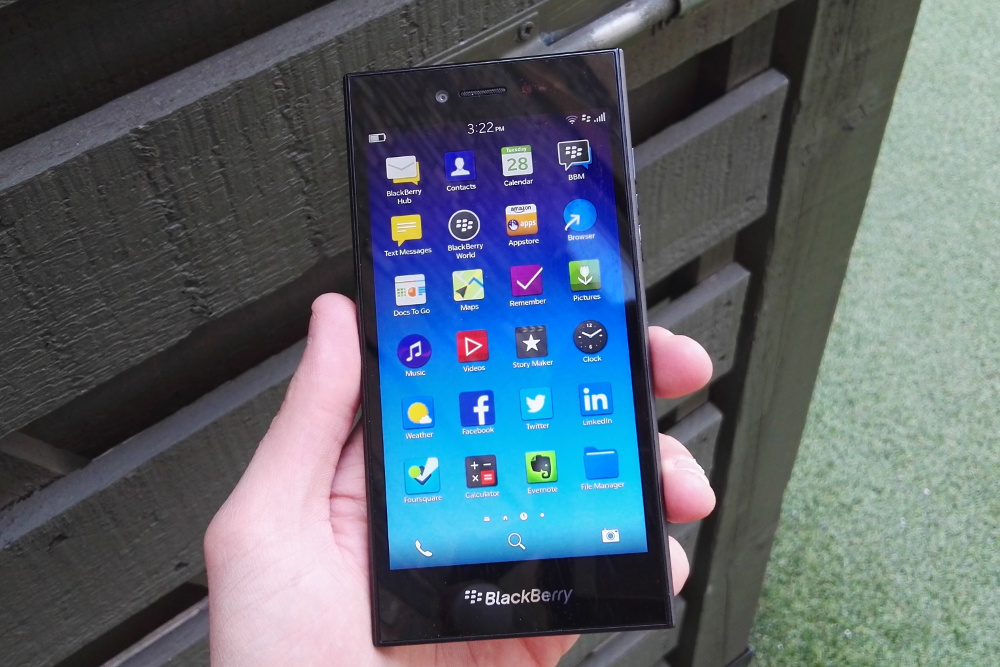 BlackBerry thwarts mobile phishing attacks with new AI tools
BlackBerry thwarts mobile phishing attacks with new AI toolsNews The company's Protect Mobile platform alerts users to potential malware before a link is clicked
By Tyler Omoth Published
-
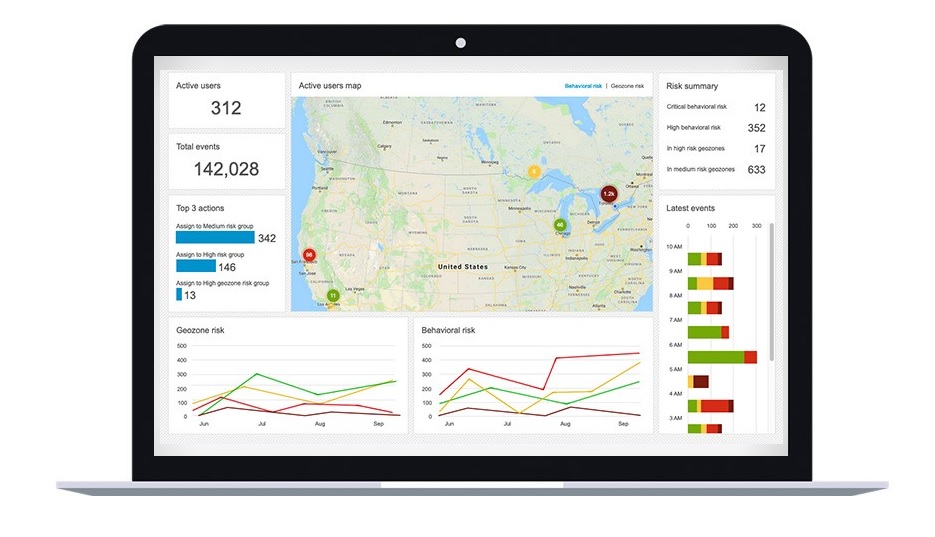 BlackBerry Persona Desktop delivers zero-trust security at the endpoint
BlackBerry Persona Desktop delivers zero-trust security at the endpointNews New security solution learns user behavior and can take action if there’s an abnormality
By Justin Cupler Published
-
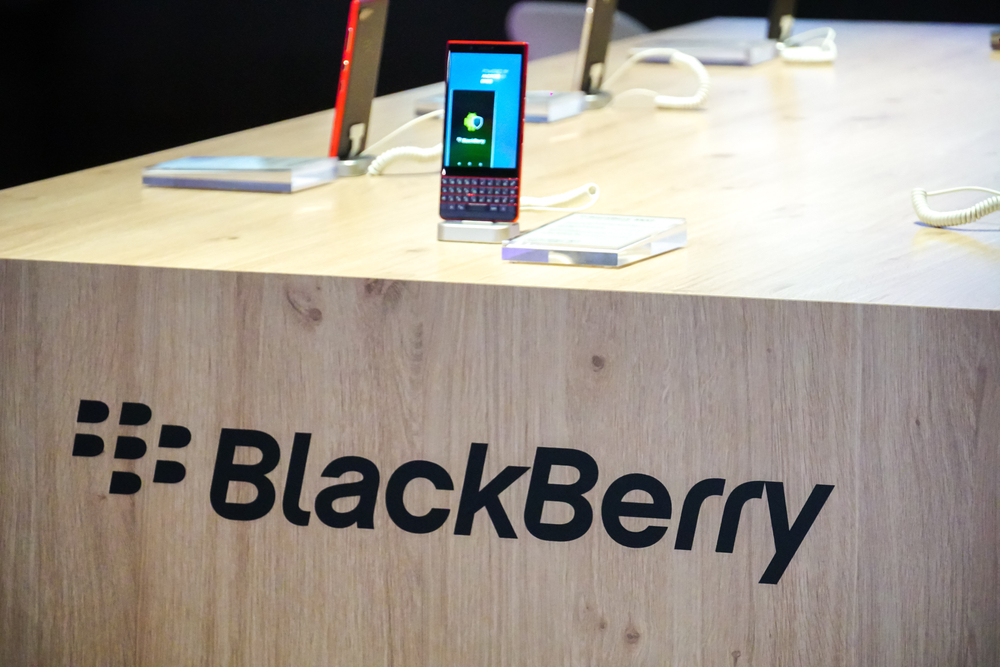 A 5G BlackBerry phone with physical keyboard is coming in 2021
A 5G BlackBerry phone with physical keyboard is coming in 2021News The business phone to be resurrected with OnwardMobility and FIH Mobile planning a security-savvy enterprise handset
By Bobby Hellard Published
-
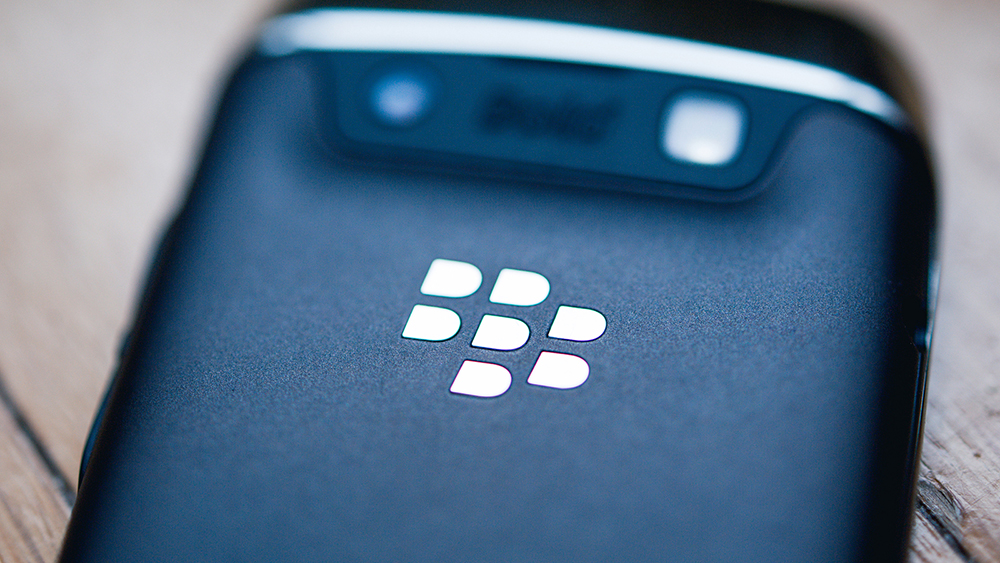 The business smartphone is dead
The business smartphone is deadIn-depth BlackBerry’s demise signals the end of the business-first handset
By Carly Page Published
-
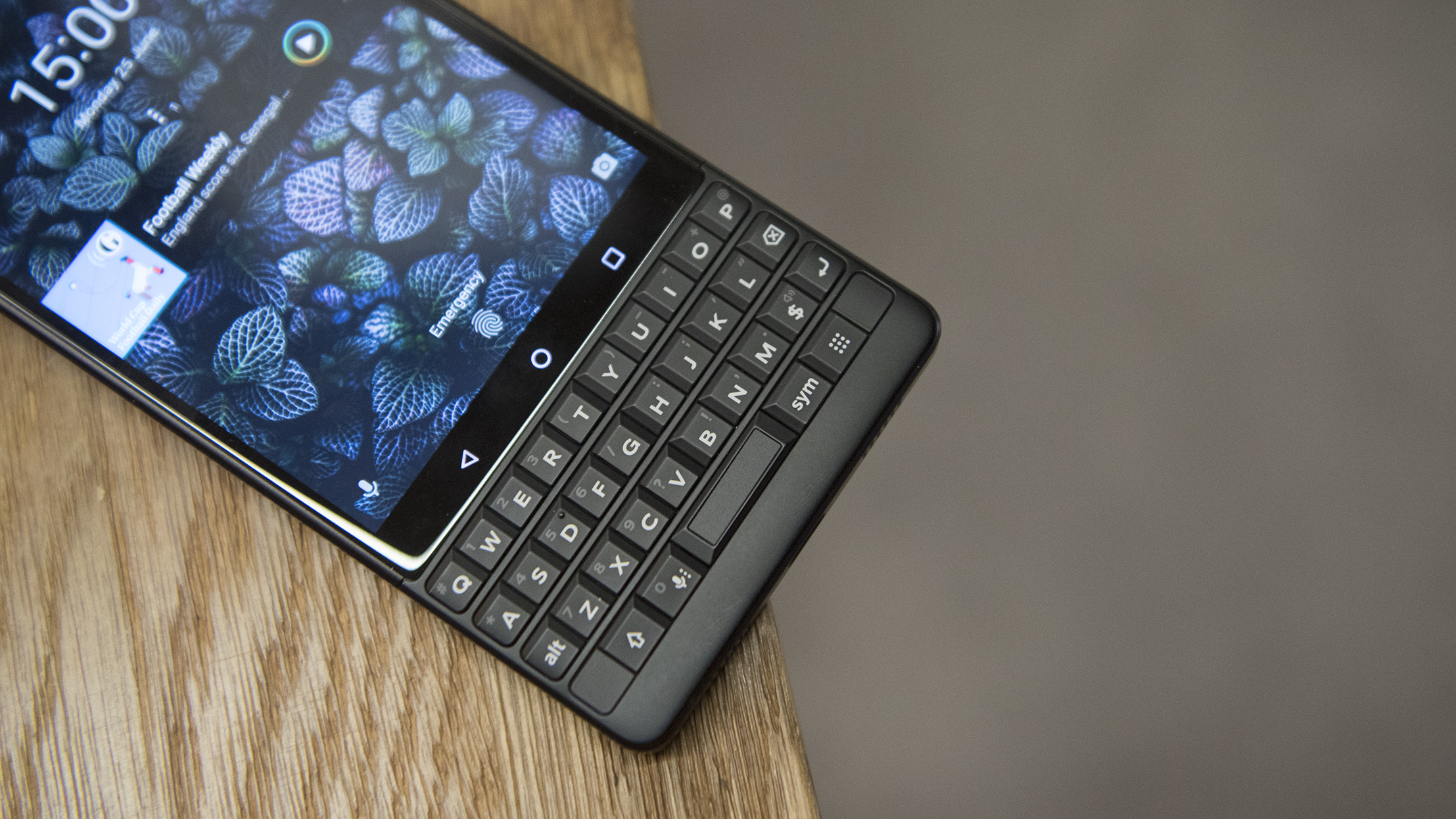 BlackBerry Key2 review: The best physical keyboard no one asked for
BlackBerry Key2 review: The best physical keyboard no one asked forReviews Despite the improvements, the flaws of BlackBerry’s Key range are still front and centre
By Bobby Hellard Published